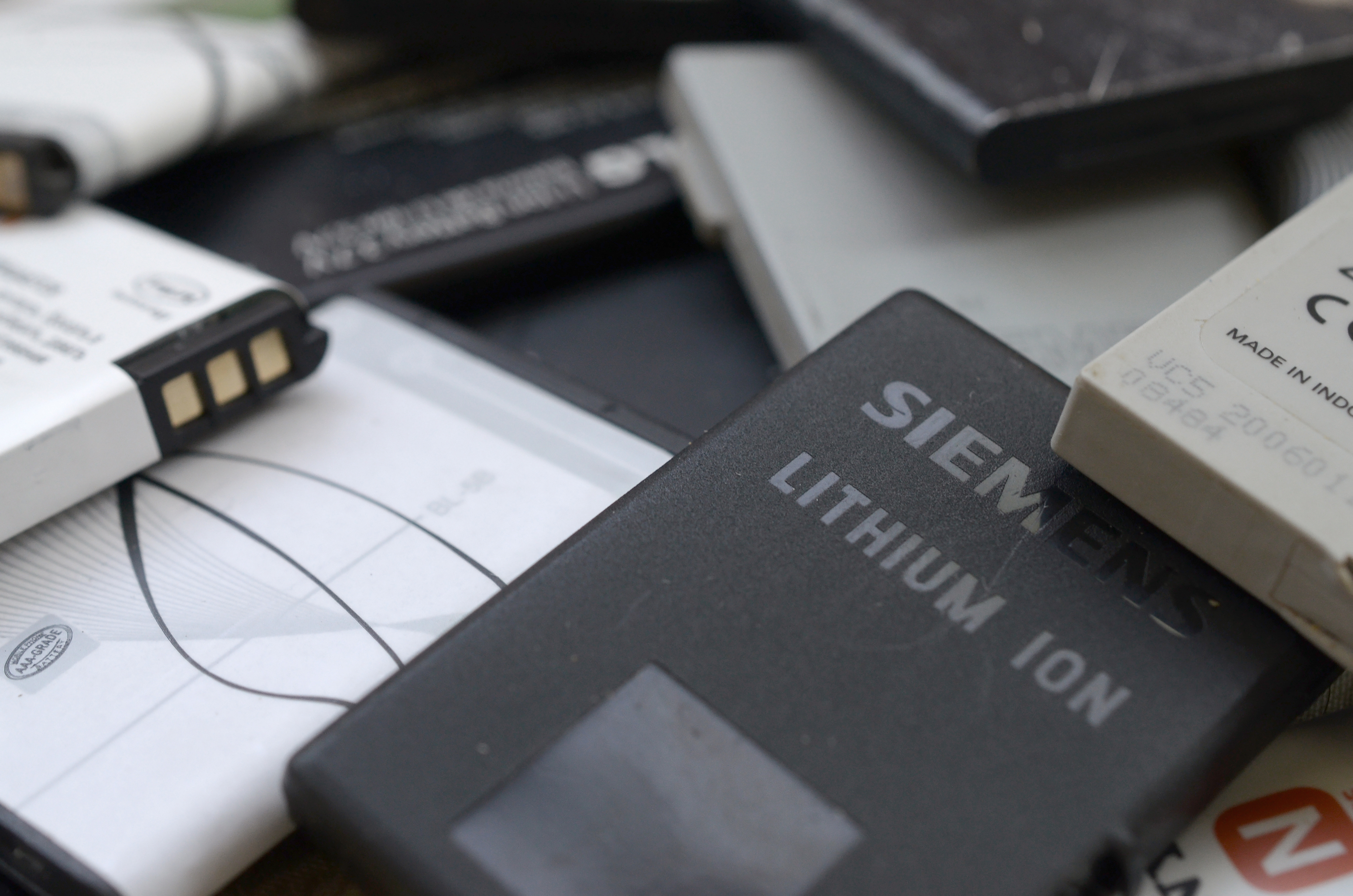
Important Information
Lithium-Ion Battery Safety: Why You Should Never Throw Them in the Trash
By: Township Admin
As the use of lithium-ion batteries continues to rise in our daily lives—powering everything from smartphones to electric vehicles—ensuring their safe disposal has become increasingly critical. Understanding the hazards posed by improper disposal can help prevent environmental damage and protect public safety.
Why Lithium-Ion Batteries Are Hazardous
- • Chemical Composition: Lithium-ion batteries contain a variety of chemicals, including lithium salts, cobalt, nickel, and manganese. When these batteries are disposed of improperly, they can leak toxic substances into the environment, contaminating soil and water.
- • Fire Risk: If a lithium-ion battery is damaged, punctured, or exposed to high temperatures, it can overheat. This condition can lead to thermal runaway, a chain reaction resulting in fires or even explosions. These incidents pose significant risks not only for waste management workers but also for nearby communities.
- • Environmental Impact: Dumped batteries can take centuries to decompose, and the toxic materials released during this process can harm wildlife and disrupt ecosystems.
Safe Disposal Practices
To mitigate the risks associated with lithium-ion batteries, follow these disposal guidelines:
- • Recycling: Always recycle lithium-ion batteries. Many retailers, car dealerships, and municipalities offer battery recycling programs. Look for designated drop-off locations or collection events in your area. Some companies even offer mail-back services for used batteries.
- • Retail Take-Back Programs: Many stores that sell electronics also provide battery recycling options. Check with local retailers to see if they participate in take-back programs.
- • Local Disposal Guidelines: Consult your local waste management agency for specific recommendations on how to dispose of batteries safely in your area. Many communities have hazardous waste disposal days or designated drop-off sites for electronic waste.
Conclusion
The convenience of lithium-ion batteries comes with the responsibility of safe disposal. By avoiding the trash can and opting for recycling or proper disposal methods, you can significantly reduce the risk of environmental harm and ensure the safety of yourself and those around you. Always remember: when your lithium-ion batteries are no longer usable, recycle them responsibly!
